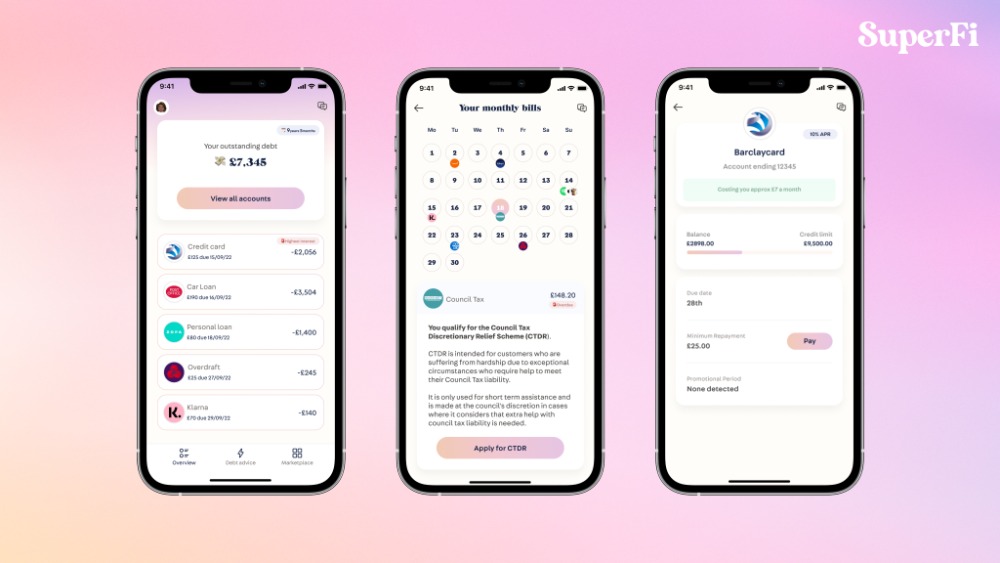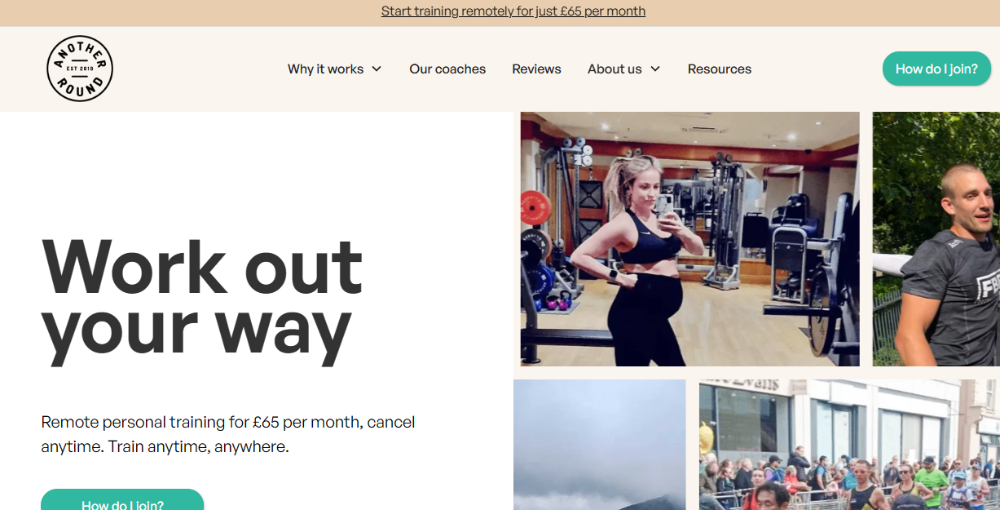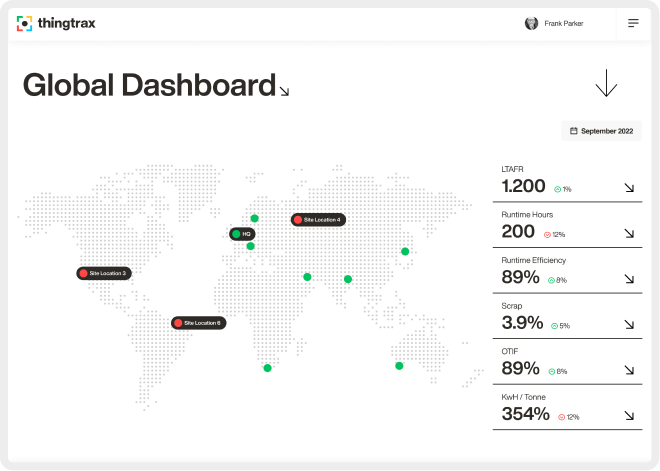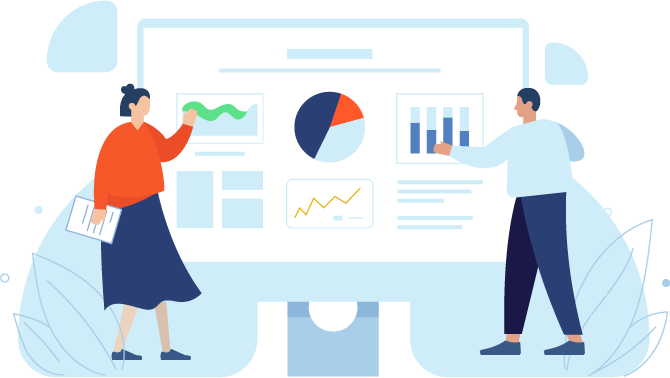Starting a Wholesale Business - the basics to consider...

by Startacus Admin
Think about it. Every shop or store you browse or go into is filled with products and merchandise that the retailer has sourced from somewhere else. It may be directly from the manufacturer or instead from a wholesaler or distributor who in a sense acts like the middle man between the retailer and the manufacturer.  Wholesaling can seem a pretty simple yet lucrative business - buying something at a competitive low price and selling on for a higher price. Whilst this is a fairly simplistic view of what it entails, like with all businesses, there is a lot more to it. So, if you’re thinking about Starting a Wholesale business, here are a few of the basics to consider...
Wholesaling can seem a pretty simple yet lucrative business - buying something at a competitive low price and selling on for a higher price. Whilst this is a fairly simplistic view of what it entails, like with all businesses, there is a lot more to it. So, if you’re thinking about Starting a Wholesale business, here are a few of the basics to consider...
Select your Niche
Choosing the products that you want to sell should be one of the first things that you do. Have a look at market trends and see what is currently selling. Check out blogs for upcoming trends or for an indication of what is in demand at the moment. It makes sense too if you have already got knowledge of a particular market sector and indeed a genuine interest in certain products. For example, if you love keeping up to date with what’s happening in the fashion world, you’d be in a stronger position to sell fashion related items - handbags, accessories etc than someone who has no interest at all in that industry. When selecting your niche, think too about the competition. If there are a lot of people already supplying the same or similar products, how are you realistically going to make an impact? Market research is key at this stage.
Locating Suppliers
Once you have decided upon a niche, it’s essential to establish where you are going to source your products from. Spend time researching manufacturers and importers and find out all you can about them. Products may look fine on a website, but the reality could be a different story entirely. Check out dedicated wholesale forums where you can seek advice from other wholesalers, read reviews of particular companies and perhaps even get warnings! A simple trawl through Google may bring up lots of information - don’t simply rely on the info that appears on the manufacturer’s or importer’s website. The quality of the products that you source will of course have a direct bearing on your business and its reputation, so don’t cut corners - dedicate sufficient time to getting it right.
Finding Customers
If you’ve done your market research properly, you should already know who your potential customers are. Whether your customers are small independent retailers or larger businesses, you’ll need to work out who they are exactly, what you can offer them and how you are going to approach them. Smaller businesses may not be able to buy in large quantities from you so will your business be able to survive if your customers’ orders are relatively small too? Will you concentrate on a specific geographic catchment area? Will you undertake cold calling - via the phone or in person? Will you simply sell online and create your own wholesale store? You’ll also need to think about establishing different price points for customers based on their order sizes. For example, will buying in bulk mean cheaper prices for your customers? It’s not just important to establish who your customers are, but to establish in detail what your proposition to them is.
Costs to Consider
Generally when you are sourcing products to sell, you will find that you may be expected to place orders of a minimum size and monetary value. What you have to consider then is will you realistically be able to sell it all? If you aren’t confident that you could sell ‘X’ number of units, then why be forced into buying them? Perhaps look for an alternative manufacturer or even a different product altogether. The cost of your stock is not of course the only cost to bear in mind. Storage can cost too. When your stock arrives, will a spare room or garage suffice or will you need to rent an industrial unit? What about delivering your products to your customers? Should you factor in shipping and delivery costs when quoting your prices? Obviously you will have standard business costs to factor in too - from marketing costs through to accounting costs. Don’t assume it’s simply a case of buying something cheap, selling at a marked-up price and making a big profit.
We hope that these basic tips on setting up a wholesale business give you some food for thought. Got any others you’d like to share? Why not let us know over at the forum?
If you like what you see here on Startacus, why not become a member of our growing community? It's free! And you'll get all this - exclusive access to our Business Toolkit, discounts and offers galore for your business via our member only business deals, the chance to network and connect with loads of fellow self-starters, and maybe even become our celebrated 'Self-Starter of the Week' and tell the world your startup tale! Join right here for free
Subscribe to our newsletter
If you would like to receive our startup themed newsletter, full of the latest startup opportunities, events, news, stories, tips and advice, then sign up here. How Manufacturing Businesses Can Reduce Energy Costs
How Manufacturing Businesses Can Reduce Energy CostsGot a business in the manufacturing sector? These tips on how you can reduce energy costs while being more sustainable are well worth a read...
 SureIn Secures €4M to Close the SMB Insurance Gap
SureIn Secures €4M to Close the SMB Insurance GapInnovative InsurTech startup SureIn announces a €4M Seed round to further its mission of making insurance easy, transparent and hassle-free for SMBs.
 How IoT Is Revolutionising Consumers' Daily Lives
How IoT Is Revolutionising Consumers' Daily Lives Nassia Skoulikariti, Director of IoT Programmes, Mobile Ecosystem Forum shares some insights on how IoT is having a significant impact on all our lives.
 How to invest in tech companies with the help of AI
How to invest in tech companies with the help of AIRoger James Hamilton, Founder and CEO of Genius Group, a world-leading entrepreneur Edtech and education group, discusses how introducing a globalized curriculum will help better prepare students.
 SuperFi raises $1M pre-seed funding round
SuperFi raises $1M pre-seed funding roundSuperFi, the debt prevention platform, has announced a $1m pre-seed funding round to support people during the cost of living crisis.
 Startups rely on AI & sustainability for new partnerships
Startups rely on AI & sustainability for new partnerships41 startups from 13 countries, including the UK, have been selected for the 8th Kickstart Innovation program, one of Europe’s leading innovation platforms.
 Another Round closes £300k Seed round to revolutionise personal training
Another Round closes £300k Seed round to revolutionise personal trainingPersonal training platform Another Round has secured £300k in its latest fundraise, including investment from angels and its community.
 Thingtrax Secures £4.3M
Thingtrax Secures £4.3MThingtrax Secures £4.3M to Empower Manufacturers to Build the Factories of the Future
 A measure of inflation relief for small firms
A measure of inflation relief for small firmsA measure of inflation relief for small firms sees transport costs fall but service price increases remain elevated
 A look at HR tech startup HR DataHub
A look at HR tech startup HR DataHubBedfordshire-based HR tech startup HR DataHub has built a range of tools for HR departments
Published on: 19th May 2013
If you would like to enable commenting via your Startacus account, please enable Disqus functionality in your Account Settings.
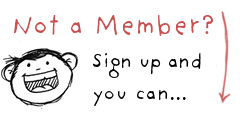






- SureIn Secures €4M to Close the SMB Insurance Gap 15th Aug 2023 Innovative InsurTech startup SureIn announces a €4M Seed round to further its mission of making insurance easy, transparent and hassle-free for SMBs.
- SuperFi raises $1M pre-seed funding round 28th Jul 2023 SuperFi, the debt prevention platform, has announced a $1m pre-seed funding round to support people during the cost of living crisis.
- Startups rely on AI & sustainability for new partnerships 27th Jul 2023 41 startups from 13 countries, including the UK, have been selected for the 8th Kickstart Innovation program, one of Europe’s leading innovation platforms.
- Another Round closes £300k Seed round to revolutionise personal training 21st Jul 2023 Personal training platform Another Round has secured £300k in its latest fundraise, including investment from angels and its community.







 Daniel Dierkes, David Schara, and Maximilian Geißinger 2.jpeg)

.jpg)
